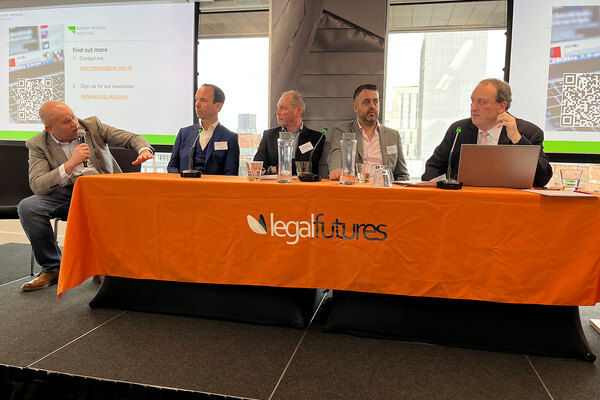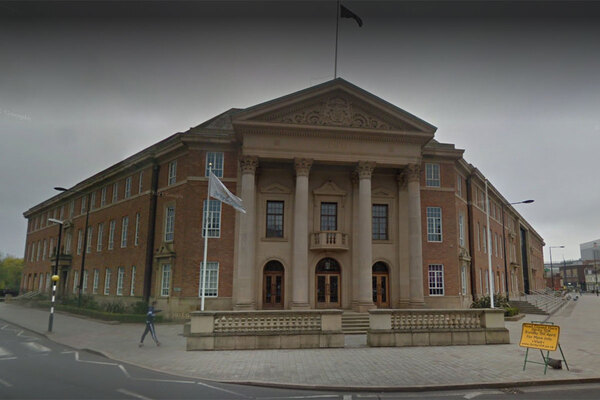Questions & answers
Last month housing association Gentoo Group bought photovoltaic panel manufacturer Romag from administration. Here Andrew Taylor and Phil Murray, the pair behind the deal, explain why
How did you end up buying a solar PV manufacturer?
Andrew Taylor: The preamble to it [the purchase] is that the group board just the previous week had received a paper discussing strategy going forward and business diversification, and the environmental and renewable agenda was firmly placed in that. And then, as if by magic, a week later Phil received a call from [administrators] Deloitte.
Phil Murray: I was at a finance conference in Warwick and the call came through on 26 March. Initially it was quite vague saying ‘we have a client that is facing difficulties and needed to see if there was interest in buying the company’. I put two and two together and it was quite easy to work out that he was talking about Romag.
We had been talking to Romag over a period of months about doing a joint venture where they would provide us with solar panels and we would provide insulation - not just for our own stock, but also for other housing associations in the north.
One of the Romag executives had mentioned that to the administrator so they got in touch. To express an interest we had to sign a non-disclosure agreement and organise a quick meeting of our senior executives at Gentoo to see if this was something that we were interested in.
The date for completion was 31 March, so it literally gave us days to turn it round and do all the due diligence. It was quite an intensive period over those days analysing what records we could see in the data room, speaking to the management team, getting a better understanding of their customer base, and just checking that the deal was in line with our strategy.
You bought Romag in a ‘pre-pack’ administration deal, in which a company’s assets are sold immediately after it enters administration. How much did you end up paying?
AT: We are not disclosing the final sum. It is part of our agreement. All I would say is that we are happy with the price we paid.
Weren’t you put off by the feed-in tariff review and the fact that the tariff is set to fall after 2012?
PM: We see a long-term future in renewables and solar PV. There is the government’s own targets on carbon cutting to consider, so it [the review] would only temporarily delay what is set to happen anyway.
It is an unusual purchase for a social housing provider. What made you buy it?
AT: First of all, we don’t see ourselves entirely as a social housing business. We are clearly pigeon-holed there because that’s where we’ve come from. But we are diversifying the business into one or two other areas - and one which we believe is vitally important and necessary is renewables and the eco-agenda. Twenty-seven per cent of the carbon footprint in the UK comes from the housing stock, so there is a big job to be done there.
Going forward there is also a big technological emphasis on designing eco-friendly new houses; in 50 years’ time, 90 per cent of our stock will be properties that already exist today, so it is important that we understand the retrofit opportunity - which we see as an activity which fits in with our buy-ins and beliefs as well as being an emerging market over the next 10 years.
Romag went into administration, so presumably there is a serious turnaround needed to make it work. What is your plan for the business?
AT: In reality, the fundamental business is sound. But it has been dogged by some mis-management and we really don’t see it as being an ailing business that needs turning around. We view it as a potentially thriving business that needs just a bit of attention.
Do you think other social landlords will follow your example?
AT: I would reiterate that our motive isn’t just commercial. We see the acquisition as being very strategic and in line with our overall business philosophy and values. It is about recognising that social housing is not just about the properties - it is about the community, about the environment, about the social infrastructure.
You can’t be in social housing and just worry about the rent these days. In my view, a lot of other social businesses are looking at how they can play a fuller part in the wider community.
Andrew Taylor is deputy chief executive of Gentoo Group. Phil Murray is the organisation’s finance director and interim managing director of Romag






